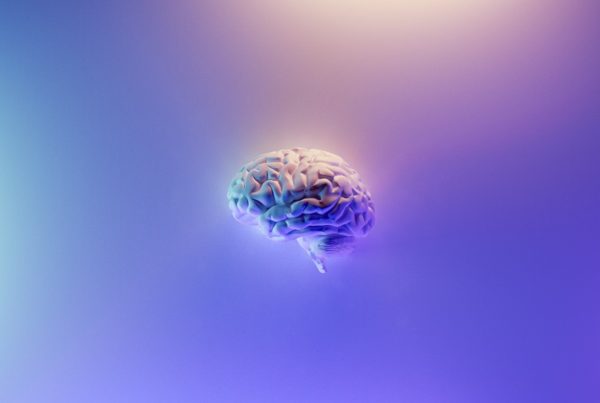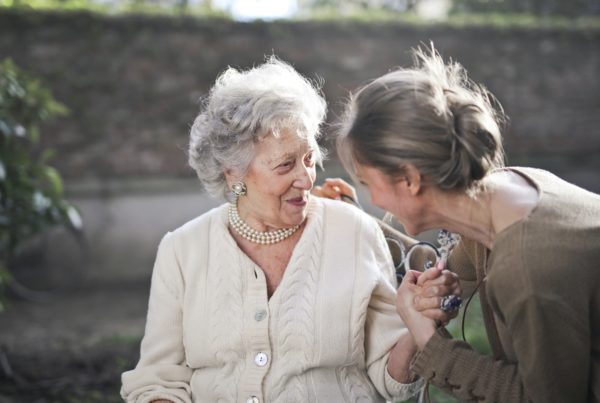Anxiety is a feeling of worry, fear and uneasiness. It can creep into our lives, often when we least expect it.
Anxiety affects us all at different points in our lives. In some situations, anxiety is a completely normal feeling for example a job interview, conducting an important work meeting or having a medical examination. However, for some anxiety can be extremely difficult to manage and it can start to affect everyday life and your mental health.
You may feel it’s impossible to ever be relived from your anxious thoughts and feelings, but there are ways to manage it.
Here are some top tips and advice on how you can reduce your feelings of anxiety.
Accepting you have anxiety and taking a deep breath
Understanding and accepting that you have anxiety will provide you with the key to controlling your anxious thoughts and feelings. Your acceptance and understanding will enable you to take a step back and look into anxiety-reducing methods that work best for you.
When you’re having an anxiety attack or going through times of extreme anxiety, you may feel like you’re struggling to breathe, like you’re losing your mind and that your heart is racing at a millions miles per hour. You may experience hot and cold flushes and numbness, but the best thing to do is take a deep breath.
Deep breathing is an anxiety reducing method that activates your body’s relaxation response. Breathe in slow and deeply from your belly to your chest and gently hold your breath for four seconds and then slowly exhale. Repeating this several times will eventually lead your body into a state of calm.
Mindfulness
Mindfulness allows you to step away from the stresses of the past and the future by taking a minute to live completely in the moment. When taking a moment, focus on your surroundings around you and let your anxiety drift away.
Exercise and a health diet
Exercise reduces stress and anxiety by releasing endorphins which are often classified as the ‘happy’ hormone.
Research shows that exercising not only helps you sleep better, but also improves your mood and provides you with more energy.
Alongside reducing your feelings of anxiety, exercise also reduces the risk of other health related illnesses including dementia.
Our diet can have a huge impact on both our physical and mental health. Food most commonly related to anxiety contains caffeine and alcohol. Studies have shown that caffeine, commonly found in tea, coffee, chocolate and fizzy drinks can cause anxiety, panic attacks and increased feelings of nervousness and irritability. Alcohol can also lead to feelings of anxiety but also acts as a depressant, and consuming high quantities of alcohol regularly and long term can lead to depression.
Use positive language
Anxiety often causes you to speak negatively about yourself and this can lead you to thinking about the worst- case outcomes of scenarios. Try to talk to yourself in a positive way by using positive words. Changing the way, you speak to yourself won’t cure your anxiety overnight, but making a conscious effort to think and speak positively will lead to reduced anxiety long term.
For example, if you’re having an anxiety or panic attack, it can cause you to feel stressed, light headed and very panicked. It may also feel that your chest is very tight and every worst-case scenario may run through your mind. Rather than thinking to yourself ‘’ I’m having a heart attack, I’m going to die because I can’t breathe’’ try to think and say to yourself ‘’I’m having a panic attack and I will be okay if I start to breath slowly and try to keep calm’’
Changing the way, you speak to yourself will make a big difference in how you feel and enables you to manage your thoughts and take control.




